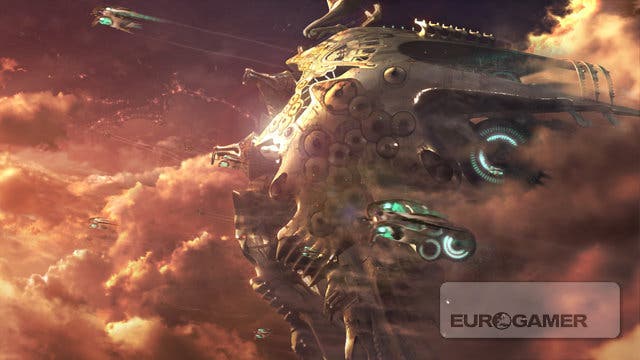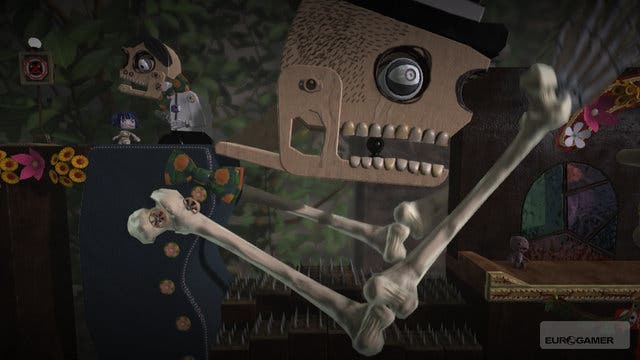Sony's Shuhei Yoshida
On Home, PSP, exclusivity and NXE.
Hmm... Well, they're a little bit older-looking. Personally, Microsoft's work is closer to my personal preference. The Miis are very nice, but everybody looks cute, like Japanese-style characters.
Because Namco-Bandai released an RPG, and RPGs are very important for this market. But quite honestly, the real number being sold - we haven't seen real acceptance of the platform here in the Japanese market. The Nintendo Wii is still by far the biggest platform in Japan.
When big new titles come out on any platform, it pushes the sales of that platform. I like to see people here in Japan showing interest in high-definition gaming and more sophisticated gaming experiences. In terms of realistic-looking graphics and smarter AI, they haven't really shown the appetite for what this generation of gaming can offer. I'd really like to see both PS3 and 360 succeed here.

If it continues that way forever, it's not a good thing for us. But I'm saying what MIcrosoft is offering and what we are offering are closer, compared to what other platforms are offering. Because of that commonality, the new games coming out on 360 and PS3 help to get consumers more interested in this generation of gaming.
Yes, I presume so. I was not involved in that discussion with Square Enix; it was handled by SCE Japan.
Because of the amount third-party publishers have to invest to produce a game for this generation, it's really hard for them to justify releasing on only one platform. We did expect more third-parties to go multi-platform. I'm very grateful that some key franchises, like Metal Gear Solid and Final Fantasy, are staying exclusive to PS3.
We anticipated this shift in third-party publishing economics. We have invested in our first-party studios so we can produce more exclusive titles.

No, we're not doing fewer. We start more projects than we finish. It's part of the process, and I think we have that in common with many other publishers.
If we started the same number of projects we expected to release, that would mean we weren't trying something new, where we don't neccessarily know whether it will work. We purposefully start more projects and check after a few months, or after a year or so, when there's playable code, how the original vision turned out.
If we decide it doesn't work, or a lot more money and resources are required, and if it doesn't match with our business expectations - we stop the project. Eight Days was an example of that. That doesn't mean we are making fewer games.
